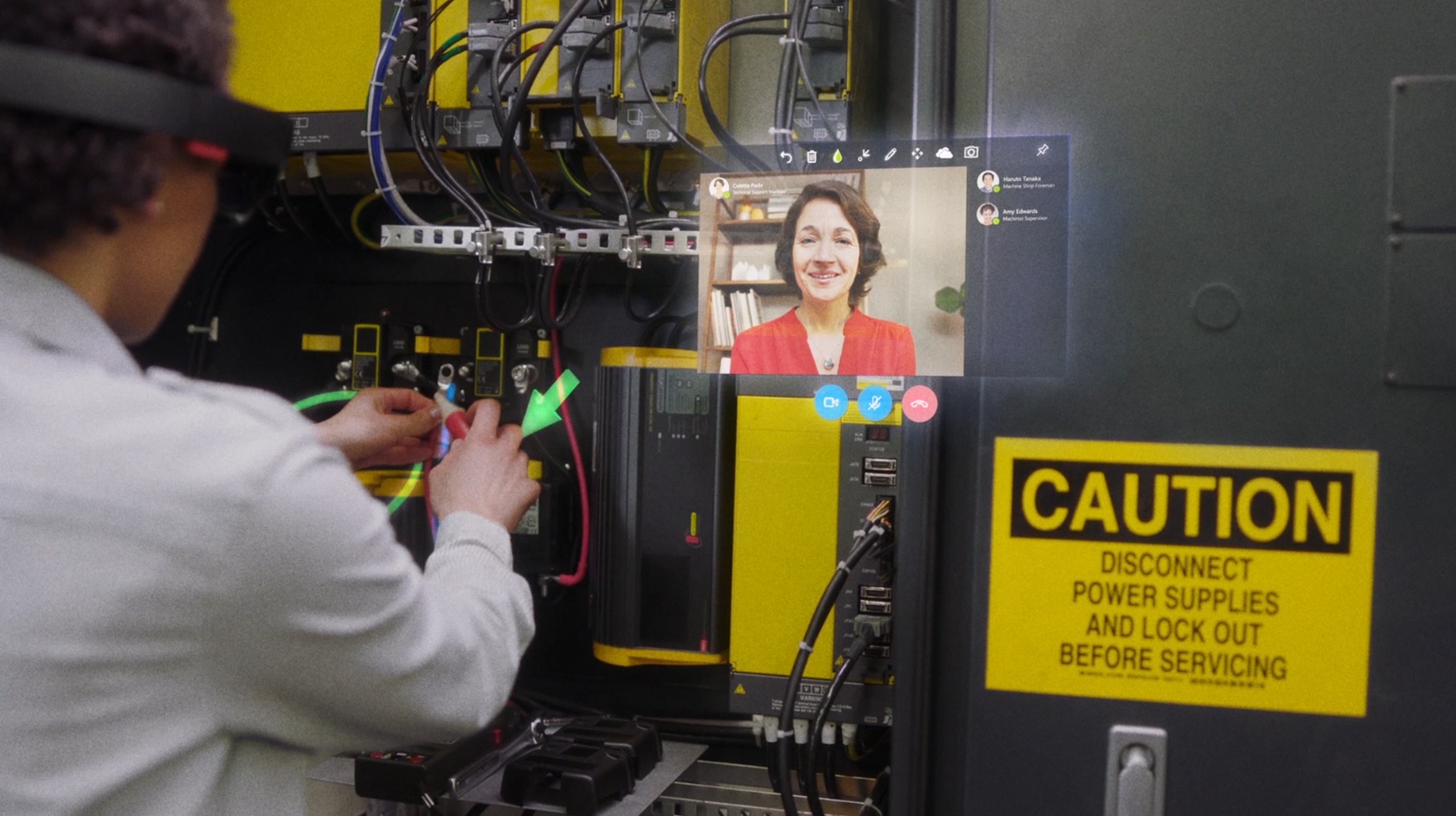This week’s Augmented Reality special focuses on the use of technology for good. Below, CEO of Microsoft UK Cindy Rose has shared her thoughts about emerging AI technologies can improve the world.
Artificial Intelligence (AI), a set of technologies where computers can perform tasks including speech recognition and visual perception, is becoming increasingly prevalent in our lives. In fact, people use AI every day without even realising it, whether it’s getting around the city with real-time traffic updates or seeing a film Netflix recommends based on what you watched before.
But we’re only beginning to scratch the surface of AI’s potential to help people shape our lives for the better. For example, doctors are using AI to identify hard-to-detect tumours, helping people get treatment faster. Urban farmers are using AI to grow more crops by better predicting and understanding soil quality and water levels – you can imagine how at scale, this could help feed more people on our increasingly resource-strained planet.
AI is helping blind people complete everyday tasks and offering new levels of independence
AI is also enriching daily life for the more than one billion people around the world living with disabilities. One example is our Seeing AI app, which narrates the immediate surroundings for blind and partially sighted people through the user’s phone camera. From scanning a barcode to distinguish between brands on the supermarket shelf to gauging reactions of colleagues during meetings, AI is helping blind people complete everyday tasks and offering new levels of independence.
In all these ways and many more, AI will augment and extend human ingenuity in ways not seen in our lifetime. But achieving bold visions requires massive collaboration. To encourage this, we launched the AI for Good initiative and Microsoft for Start-ups grantee programme, asking people to submit their ideas on how to solve some of society’s most pressing social and environmental challenges in a bid for funding and resources.
Our five-year AI for Earth programme has seen us provide polar scientist, Joseph Cook with a grant to advance his passion and explore new technologies, such as AI and machine learning, to map snow and ice surfaces. For a science community reliant on expensive fieldwork and time-consuming detailed data sets, this tech will help automate tracking to evaluate changes to glaciers over time and predict safe routes for ice-cap crossings.









